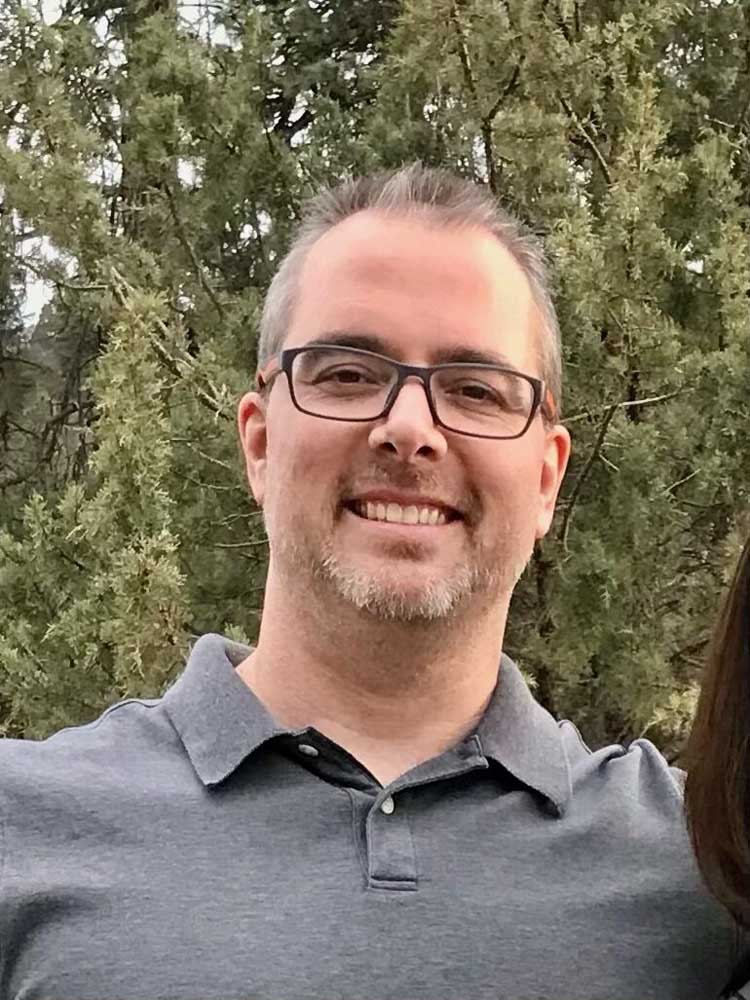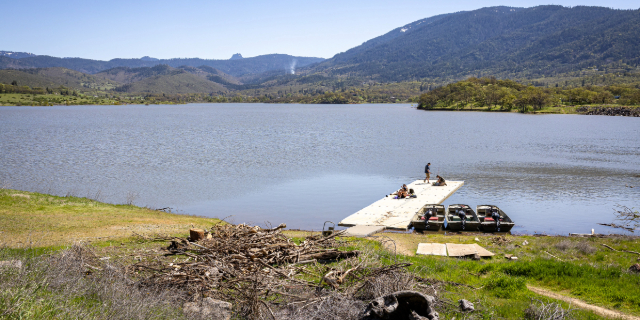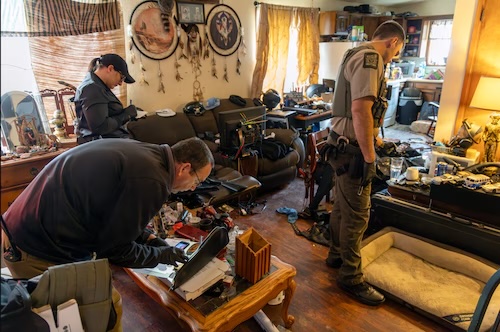Sheriff’s office asks hunters to keep an eye out for missing Medford doctor’s SUV
Published 3:30 pm Friday, October 6, 2023

- Graham Rhode Case has been missing since June 22, 2023.
With the general deer-hunting season beginning Saturday in western Oregon, the Jackson County Sheriff’s Office is asking hunters to keep their eyes peeled for a white luxury SUV in the backwoods belonging to a Medford doctor who disappeared in June.
Graham Rhode Case, 47, left his east Medford home on Aerial Heights Drive near Cherry Lane the afternoon of June 22 and hasn’t been seen since. Sgt. Shawn Richards, the sheriff’s office search-and-rescue commander, said that extensive searches have all turned up empty.
“We’ve done about nine, 10 searches,” Richards said. “We just came up with nothing.”
Compounding the challenge is that Search and Rescue still has minimal information as to which direction Case went when he left his home.
Case’s mother reportedly saw him back out of the driveway about 4:30 p.m. June 22, but Richards said it’s unclear which direction on Cherry Lane Case traveled.
The sheriff’s office interviewed family members and “came up with theories” as to where he may have gone, prompting searches through remote areas and waterways in Jackson and Klamath counties.
Case’s 2014 Mercedes-Benz GL450 SUV has yet to turn up. Richards said that he’s hoping hunters will spot the vehicle.
“Call 911 if you find it,” Richards said.
The SUV has an Oregon Wine Country plate with the number WC26068, and a red lips sticker on its rear window. Case is described as a white man with brown hair and brown eyes, standing 6-foot-3 and weighing 230 pounds.
Richards recommended that hunters take precautions to avoid getting stranded in the backwoods, such as sharing with others where they plan to go, keeping emergency supplies and using GPS.
He also asks anyone who thinks they may be lost not to hesitate to call 911.
“If you get into trouble, call us sooner than later,” Richards said.
Richards asks that people call 911 as soon as they know they are lost instead of calling a family member first. Dispatchers get exact GPS coordinates that rescuers can work with.
Even if the person isn’t acutely lost, searchers can help with mapping a person’s way to safety or help a relative find the lost person.
“We can help in a lot of ways,” Richards said.






